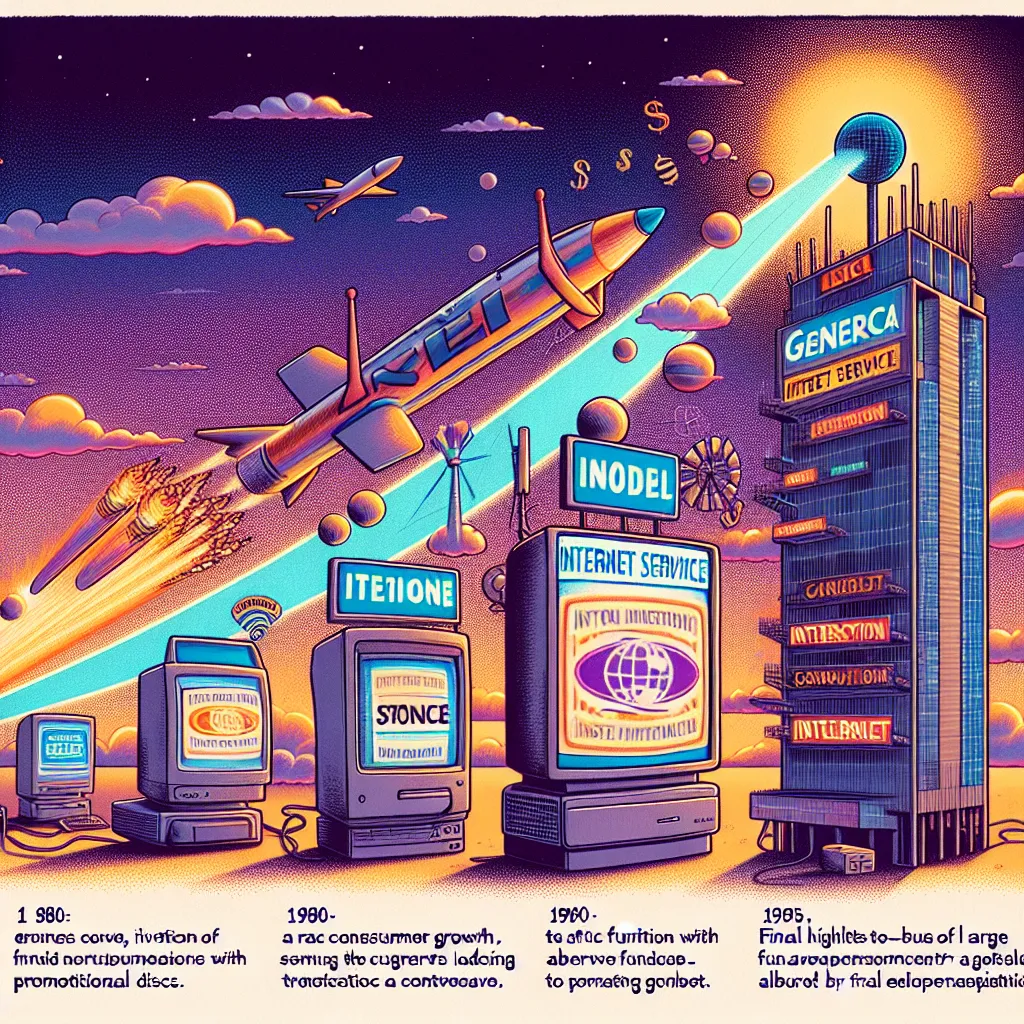In the bustling job market of today, employer-provided perks are more important than ever. These benefits go way beyond just the paycheck and play a massive role in keeping employees happy, motivated, and loyal. It’s all about the extras that can make or break the employee experience, from financial peace of mind to overall job satisfaction. Let’s unpack how companies can use these financial benefits to genuinely support their employees.
First up, health insurance. This one’s a biggie and possibly the most cherished benefit out there. Health insurance shields employees from the financial disaster that could accompany serious health issues. Traditionally, getting health insurance from an employer has been standard practice and remains a major component of compensation packages. Flashback to the mid-20th century - the Internal Revenue Code of 1954 played a huge role by making employer-paid health insurance premiums exempt from taxable wages. Fast forward to today, about 57% of workers have access to health benefits through their employer, with a significant chunk of those premiums covered by the employer.
Next on the list, retirement savings plans like 401(k) or 403(b). These plans are crucial for laying down a secure financial foundation for the future. Employers often sweeten the deal with matching contributions. This isn’t just a win for the employees who get to build a retirement nest egg; it’s also a win for employers. Offering solid retirement plans helps attract and keep top-tier talent - people who think ahead about long-term financial security are often top-quality workers.
Venturing beyond traditional benefits, financial capability services are becoming a hit. These services aim to boost employees’ financial literacy and overall economic outcomes. Companies might offer workshops on budgeting or partner with third-party organizations for financial assistance programs. These services can especially be a lifeline for those on lower or middle incomes, helping them get a grip on basic needs and financial stability.
Paid time off (PTO) and flexible work arrangements also top the wish list for employees. PTO allows for much-needed downtime to recharge, leading to better productivity and lesser burnout. Flexible work setups, like remote working or adjustable hours, let employees juggle work and personal life more effectively. In the fast-paced world we live in, such flexibility is becoming non-negotiable for many, enhancing overall well-being and job satisfaction.
Moving on, there are many other financial perks employers can throw into the mix. Flexible Spending Accounts (FSAs) let employees designate pre-tax dollars for healthcare or childcare expenses. Education assistance programs help employees further their careers with courses or certifications. Even the seemingly minor benefits like employee discounts or on-site financial counseling can significantly impact an employee’s financial health in a positive manner.
But why go through all this trouble? It boils down to staying competitive. The job market is fierce, and securing top talent has become a game of who offers the best perks. Health insurance, for example, isn’t just a benefit; for many job seekers, it’s a must-have. Employees who score comprehensive health benefits are more inclined to stick around longer and put in their best, contributing to lower turnover rates and better overall business performance.
Let’s talk numbers - the economic value of health benefits. Employers providing health insurance can often expect reduced turnover and better access to healthcare for their employees. This leads to healthier, more productive employees, fewer disability claims, and higher job satisfaction. While more data is being collected to support these benefits, many employers already believe the positive impact on their workforce is well worth the investment.
In terms of best practices for rolling out these benefits, understanding your employee base is crucial. Tailoring benefits to meet the specific needs of employees makes them more attractive and useful. For instance, if the workforce comprises many young families, offering robust family health insurance and flexible working options would be a major win.
Communication is another critical piece of the puzzle. Employees should be in the loop about the benefits available and how to access them. Clear communication through company-wide emails, intranet, or workshops ensures that employees truly understand and appreciate the value of the benefits on offer.
Employers also need to keep an eye on the legal requirements around employee benefits. Some benefits, like Social Security and Medicare, are non-negotiables. Others, such as the Family and Medical Leave Act (FMLA) and the Consolidated Omnibus Budget Reconciliation Act (COBRA), kick in under certain conditions. Staying compliant with these laws is key to avoiding legal hassles and keeping a sound employer-employee relationship.
The future of employee benefits is always evolving, much like the job market itself. With trends like the gig economy and remote work on the rise, employers are continuously seeking innovative ways to support their team’s financial health. This could mean more flexible benefits packages that cover a wider range of needs, from mental health programs and student loan assistance to financial planning services.
Employer-provided financial benefits form the bedrock of modern employment. Offering a well-rounded benefits package does more than just attract and keep top talent. These benefits significantly enhance employees’ financial health and overall job satisfaction, leading to a work environment that fosters productivity and loyalty. As the job market landscape shifts, staying ahead with benefits that matter to employees will be the key to success. From health insurance to retirement plans and beyond, the right mix of perks can truly make a difference.






